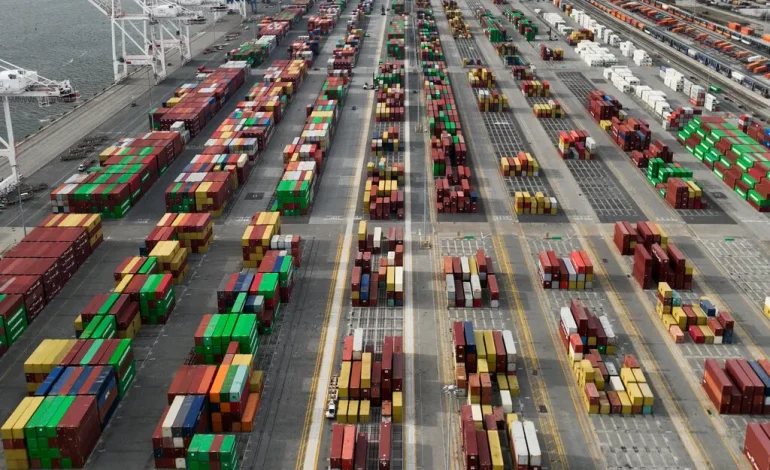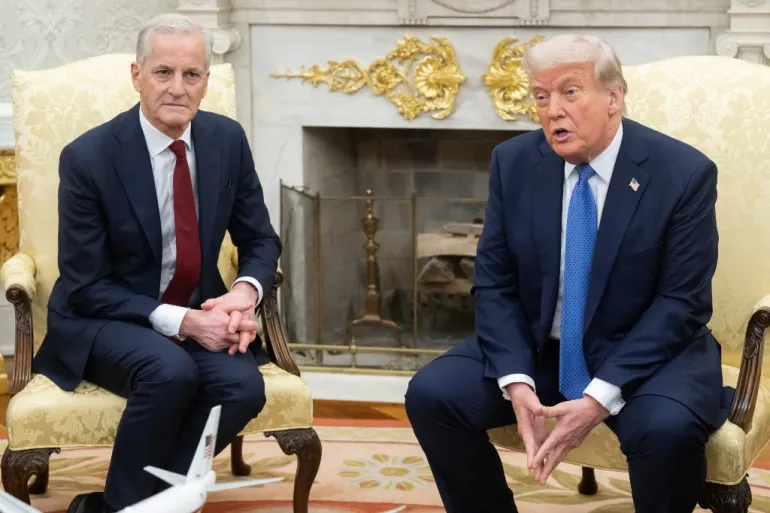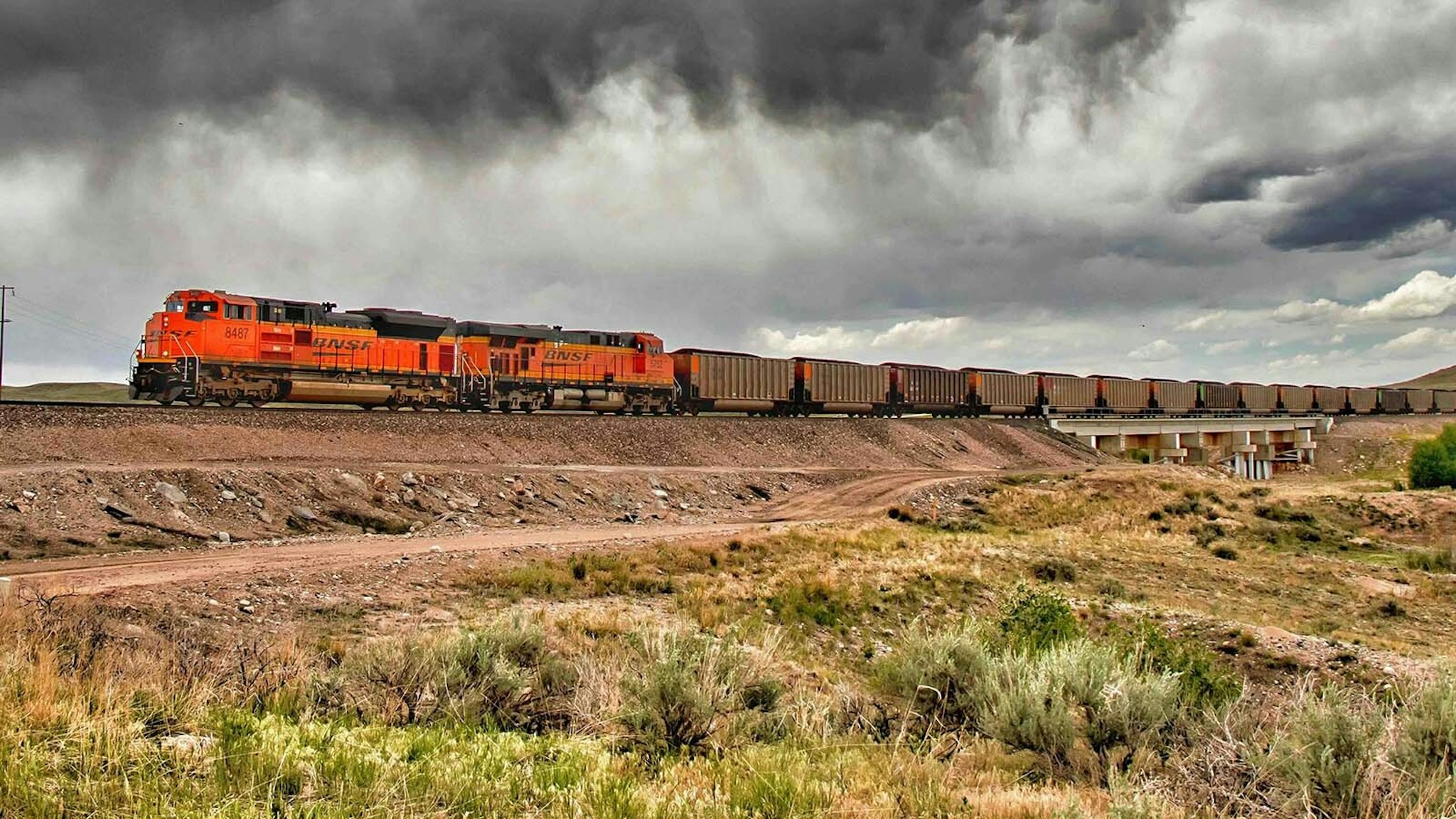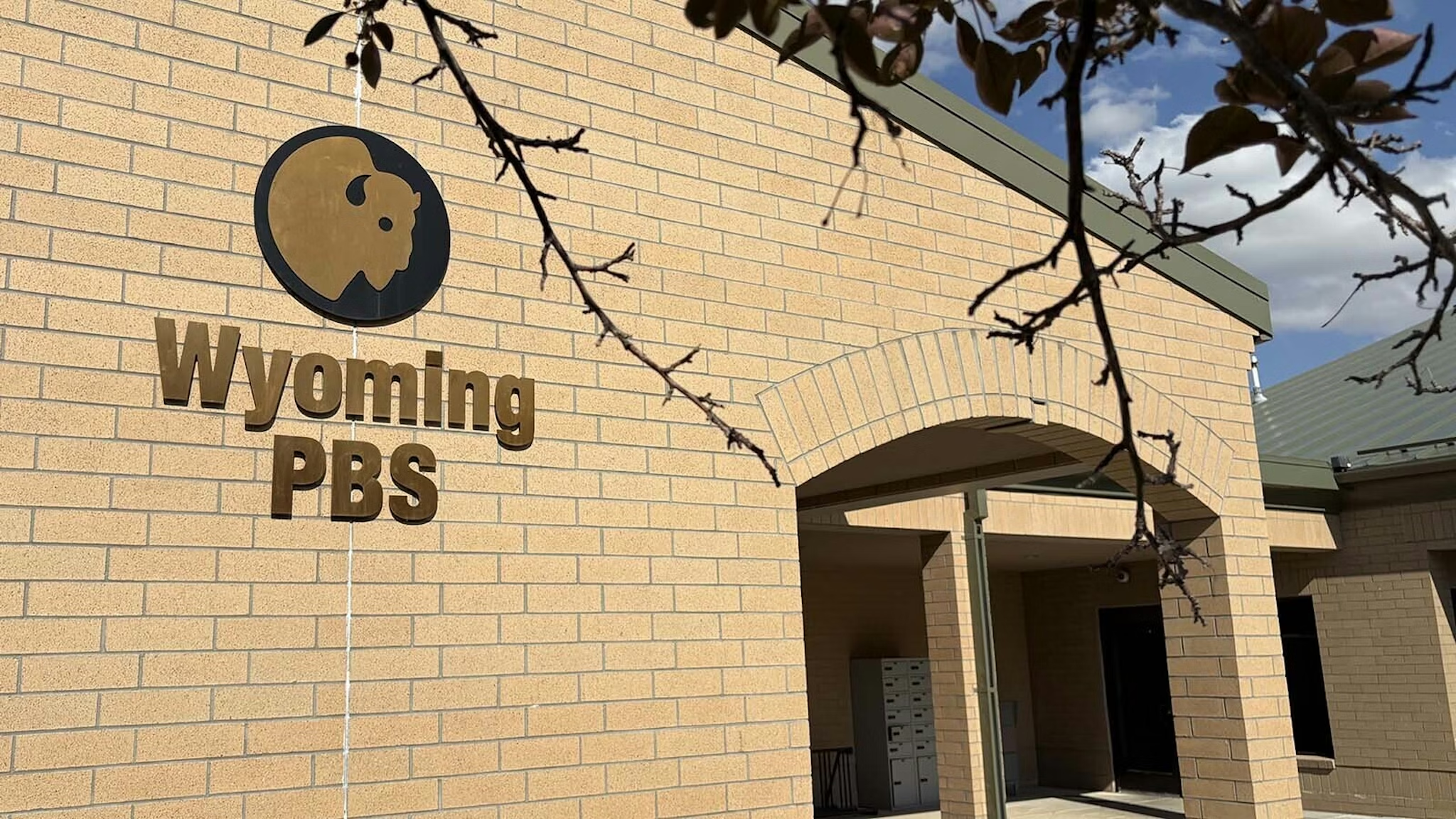US Economy Faces Pressures Amid Tariffs and Spending Cuts

The US economy is showing signs of strain as the Trump administration implements a combination of federal spending cuts, government job reductions, and new tariffs on key trading partners, the New York Times reports.
While these policies aim to reshape economic priorities, they have sparked uncertainty among businesses, consumers, and policymakers.
Recent economic surveys indicate growing concerns over inflation, business investment, and consumer sentiment. Funding freezes and layoffs of federal employees have already affected local economies, forcing some state and municipal governments to consider tax hikes or bond offerings to compensate for lost federal support.
Michael Strain, an economist at the conservative American Enterprise Institute, noted that uncertainty around trade policy and government restructuring is likely to dampen business expansion and investment.
“There’s more uncertainty than I think is widely appreciated,” he said.
The Department of Government Efficiency, led by Elon Musk, has begun cutting thousands of federal jobs as part of a broader cost-cutting effort. These reductions have sparked concerns among lawmakers, including some Republicans, who warn of potential economic consequences in their states.
Senator Lisa Murkowski of Alaska expressed concern over the layoffs, stating that abrupt job losses could harm local economies. Similarly, Pennsylvania Governor Josh Shapiro has taken legal action to restore frozen federal funds meant for infrastructure and environmental projects.
In addition to domestic spending cuts, President Trump has implemented new tariffs, including a 10% tariff on Chinese imports and proposed 25% tariffs on goods from Canada and Mexico, which were later postponed. The administration is also considering increased tariffs on cars, semiconductors, and steel.
Economists warn that these trade measures could lead to higher consumer prices. A recent survey by the Conference Board recorded its largest monthly decline in consumer confidence since 2021, citing concerns over employment prospects and trade policy. Meanwhile, S&P Global’s latest corporate activity report pointed to slowing business expansion, largely attributed to uncertainty over tariffs and federal spending cuts.
Morgan Stanley economists estimate that tariffs could increase inflation by as much as 0.6 percentage points and reduce real consumer spending by up to two percentage points, potentially slowing overall economic growth.
The housing market has also felt the effects of these policies. The National Association of Homebuilders reported a decline in builder confidence, citing concerns over rising tariffs, elevated mortgage rates, and high housing costs.
Investment firm Apollo Global Management estimates that job cuts related to government downsizing could rise to 300,000, with total layoffs—including government contractors—potentially nearing one million. While this remains a small portion of the overall U.S. workforce, it could still have a ripple effect on broader economic stability.
Despite growing concerns, President Trump has dismissed suggestions that his policies are negatively affecting the economy, instead highlighting an initial boost in economic confidence following his election victory. His administration argues that increased domestic energy production, tax reductions, and regulatory rollbacks will offset any economic disruptions caused by tariffs and spending cuts.
Treasury Secretary Scott Bessent defended the administration’s approach, stating that reducing federal spending is necessary to prevent excessive government intervention in the private sector.
“We have seen what I would call this orgiastic government spending with the past administration,” Bessent said. “And we’re going to bring that down.”
However, some economic analysts remain cautious. Fox Business host Larry Kudlow, a former Trump economic adviser, acknowledged that tariffs could temporarily push prices higher.
“At least for now, the economic signals are flashing slower growth and higher inflation,” Kudlow said. “Not good.”









The latest news in your social feeds
Subscribe to our social media platforms to stay tuned